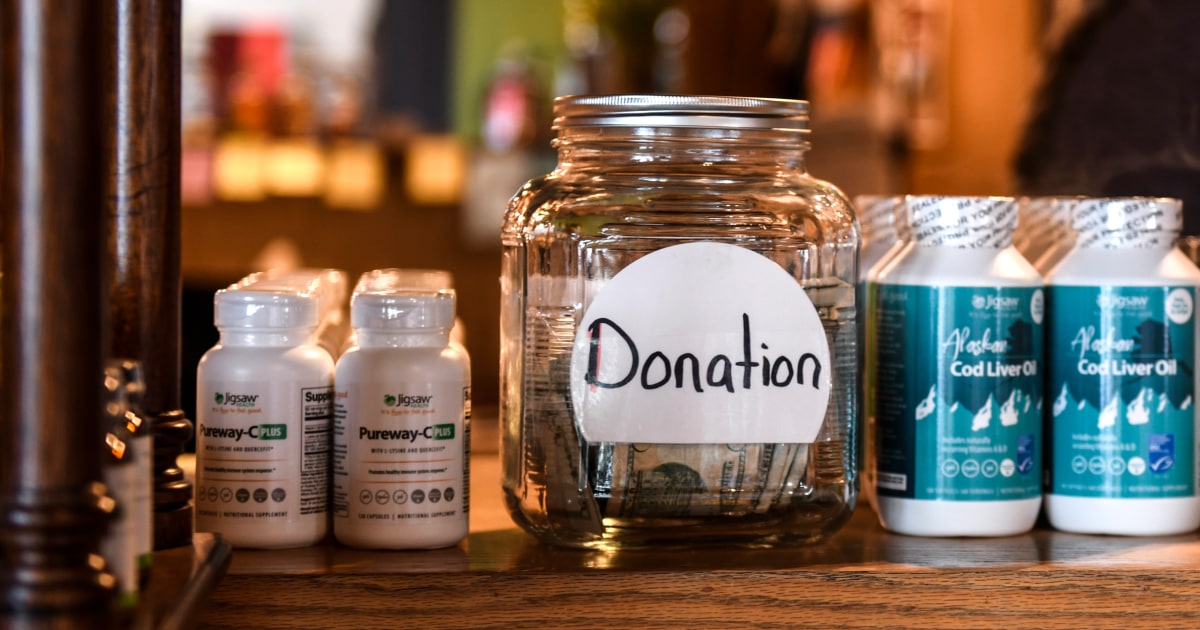The Measles Dilemma: Families in West Texas Reject Vaccines and Conventional Care
The resurgence of measles in West Texas has sparked a heated debate over vaccination and healthcare choices. As families increasingly reject vaccines and conventional medical practices, the implications for public health and community safety grow more pronounced. This article delves into the factors driving this trend, the consequences of such choices, and the broader context of vaccine hesitancy in America.
Understanding the Measles Resurgence
Measles, once considered a disease of the past due to the effectiveness of vaccines, has experienced a troubling resurgence in various parts of the United States, particularly in regions like West Texas. The Centers for Disease Control and Prevention (CDC) reports that measles cases have surged in recent years, with outbreaks linked directly to unvaccinated populations.
Measles is a highly contagious viral infection that can lead to severe complications, including pneumonia, encephalitis, and even death. The MMR vaccine (measles, mumps, and rubella) has proven to be a critical tool in preventing this disease. However, in areas like West Texas, a growing number of families are choosing to forgo vaccination, leading to an alarming increase in cases.
The Families’ Perspective: Reasons for Rejection
Why are families in West Texas rejecting vaccines and conventional care? The reasons are multi-faceted and deeply personal. Many parents express concerns regarding vaccine safety, citing anecdotal evidence or misinformation that links vaccines to various health issues, including autism. Despite rigorous scientific studies debunking these claims, fear and skepticism persist.
- Misinformation: The internet has facilitated the rapid spread of misinformation about vaccines. Social media platforms often amplify these messages, making it challenging for parents to discern fact from fiction.
- Personal Beliefs: Some families hold strong personal or religious beliefs that lead them to reject conventional medicine in favor of alternative therapies.
- Cultural Influences: In certain communities, there is a prevailing distrust of government and pharmaceutical companies, fostering a culture that prefers natural remedies over vaccines.
The Public Health Implications
The choice to reject vaccines has far-reaching consequences for public health. When a significant portion of the population remains unvaccinated, herd immunity—an essential component in protecting vulnerable individuals, such as infants and those with compromised immune systems—diminishes. This decline can lead to outbreaks of vaccine-preventable diseases like measles.
In West Texas, health officials have observed rising hospitalization rates due to measles infections. Children who contract the disease can spread it to others, escalating the risk for more severe health crises in the community. The implications extend beyond individual families, affecting schools, local businesses, and healthcare systems.
Alternative Care: A Growing Trend
As families in West Texas turn away from conventional vaccines, many are exploring alternative healthcare options. These can range from holistic practices to homeopathic remedies. While some parents report positive experiences with alternative treatments, critics warn that such choices can lead to inadequate care during serious health crises.
The Risks of Alternative Care
While alternative medicine can be appealing, particularly for families seeking to avoid the perceived risks of traditional vaccines, it often lacks the rigorous scientific validation that conventional treatments receive. This can pose significant risks, including:
- Delayed Treatment: Families may delay seeking appropriate medical care during an outbreak, leading to potentially preventable complications.
- Increased Vulnerability: Unvaccinated children are at greater risk of contracting not only measles but also other preventable diseases, such as whooping cough and mumps.
- Community Impact: The choice to use alternative care can contribute to wider public health issues, as outbreaks can spread quickly in unvaccinated populations.
Addressing Vaccine Hesitancy
To combat the growing trend of vaccine hesitancy in West Texas and beyond, public health officials are ramping up efforts to educate communities about the safety and efficacy of vaccines. Here are a few strategies being implemented:
- Community Outreach: Local health departments are hosting informational sessions to discuss vaccine safety, featuring healthcare professionals who can provide credible information.
- Engaging Local Leaders: Involving trusted community leaders in vaccine advocacy can help bridge the gap between medical professionals and hesitant families.
- Social Media Campaigns: Targeted social media campaigns aim to counteract misinformation by sharing accurate data and personal stories from families who have chosen vaccines.
The Role of Healthcare Providers
Healthcare providers play a crucial role in addressing vaccine hesitancy. By establishing trusting relationships with patients, they can better communicate the importance of vaccinations. Here are some effective approaches:
- Listening to Concerns: Providers should actively listen to parents’ concerns about vaccines and address them with empathy and factual information.
- Personalizing Recommendations: Tailoring vaccine recommendations to individual family circumstances can help alleviate fears and encourage compliance.
- Building Trust: Engaging in open dialogues and sharing personal experiences can foster trust between healthcare providers and families.
Conclusion: Finding Common Ground
The measles dilemma in West Texas highlights the complex interplay between personal choice and public health. As families reject vaccines and conventional care, the risks to both individual and community well-being escalate. However, through education, outreach, and compassionate communication, there is hope for bridging the divide between vaccine-hesitant families and the medical community.
Ultimately, the goal is to create a healthier community where informed choices are made, and the devastating impacts of preventable diseases like measles are kept at bay. By fostering understanding and collaboration, we can work towards a future where vaccination rates rise, and the health of our communities is safeguarded.
See more WebMD Network



